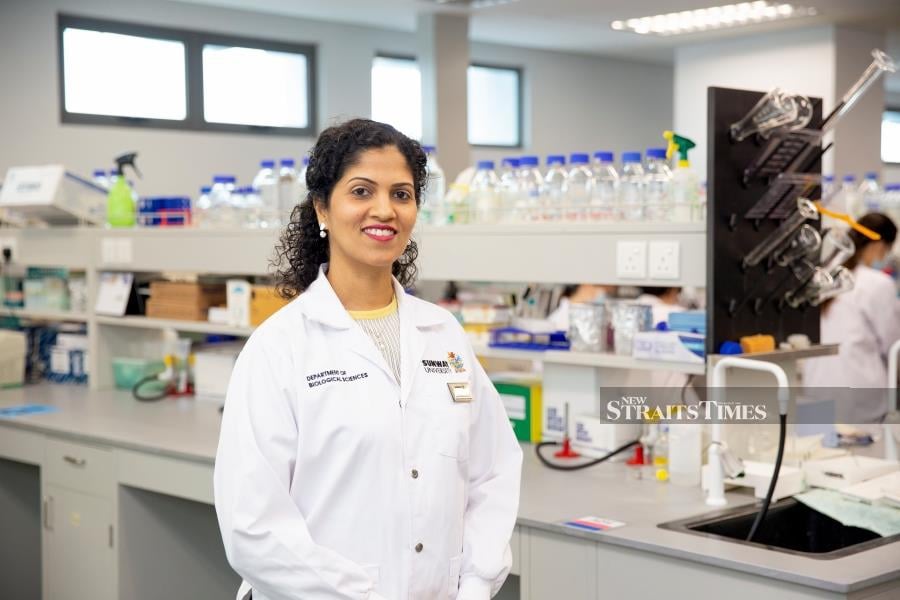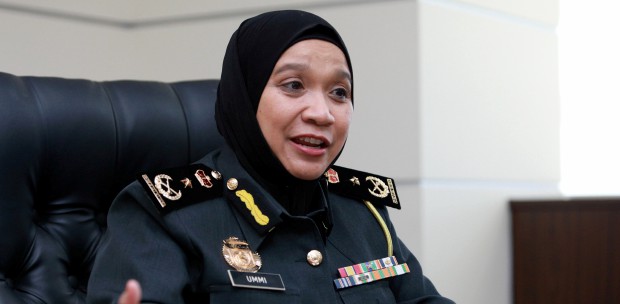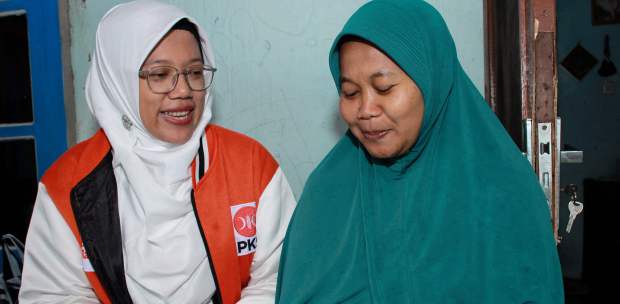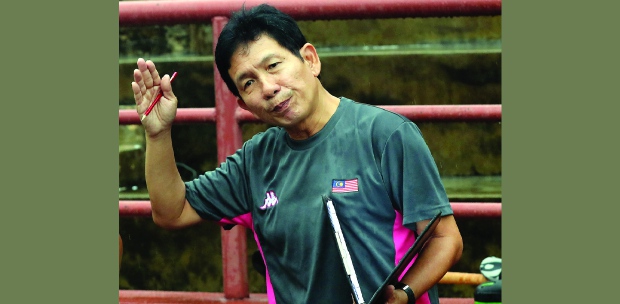IF Associate Professor Dr Kavita Reginald has her way, soon everybody would be enjoying seafood without worrying about allergic reactions. I remember having lunch with her (it wasn't seafood) when she started lecturing at Sunway University in 2017.
In just five years, her career as an immunologist has taken off and her research capabilities have greatly expanded. And so are her responsibilities as she's now entrusted to head the Department of Biological Sciences in her faculty, with five postgraduate students under her wing.
"If you want to excel in your career, there are sacrifices that you have to make, even at times when you want to have fun," she says, tone serious. Adding, she elaborates: "For example, when I'm about to leave for a holiday, I may get a call out of the blue to prepare a report or do something in the office. Although I could turn it down, it's my nature to do what it takes to get the job done."
A pause and she muses: "A person's attitude is so important in working life. Mine is to do my job honestly and to the best of my ability. My bosses now understand that I'm committed, and people will also know that you're always available and dependable, which makes you an asset at work."
Her opinion is in line with her philosophy in life, namely to be committed to anything she sets her heart on — and do whatever it takes to get it done.
Over the years, that core value hasn't changed. But now, she's no longer just a post-doctorate fellow and lecturer. As a mother to her 8-year-old daughter, she's made a conscious effort to spend time with her family.
CONQUERING THE WORLD
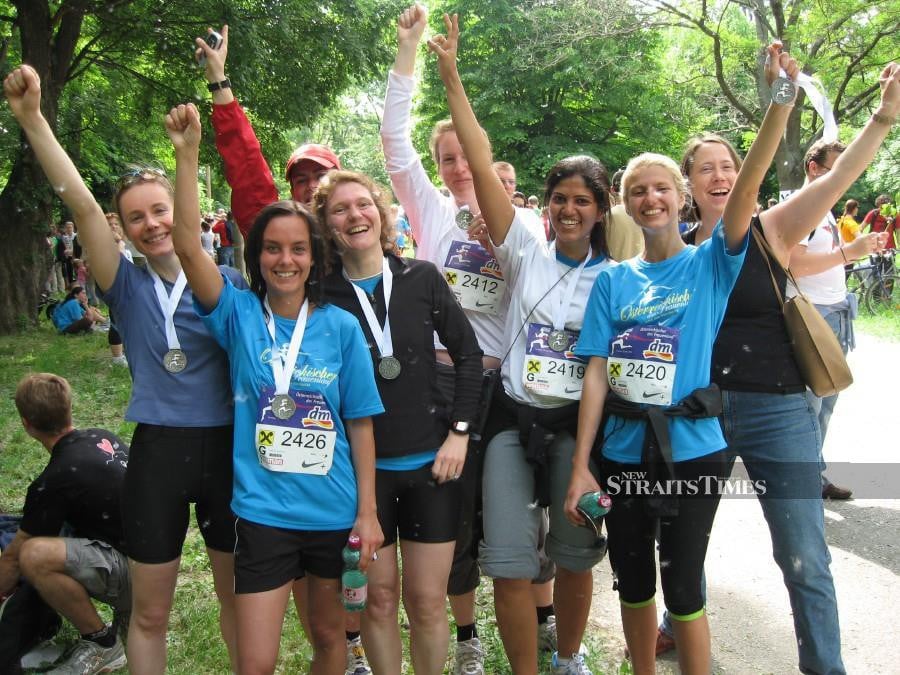
Kavita's career began at the National University of Singapore (NUS) in 2001, when she was accepted into its doctor of philosophy programme right after graduating from Universiti Putra Malaysia with first class honours in biotechnology. She found allergies and immunology interesting, and decided to contribute her talent to alleviate the disease that affects roughly 20 per cent of the world population.
At that time, a research team studying dust mite allergy in NUS had made headlines worldwide, and this was an opportunity for her to expand her knowledge. She studied the effects of different dust mite allergens (proteins that cause allergic reactions in humans), discovering a new allergen in the process and helping to develop two potential vaccines.
After graduating in 2006 at the age of 28, the world seemed ready for her to conquer. And in just a short time, she secured a post-doctoral fellowship at the Medical University of Vienna in Austria under the supervision of renowned allergologist Professor Dr Rudolf Valenta.
There, she studied how staphylococcus infection could cause skin allergies. Her research has led to the discovery of allergens produced by the bacteria that causes skin to swell and itch, which were subsequently patented by her team.
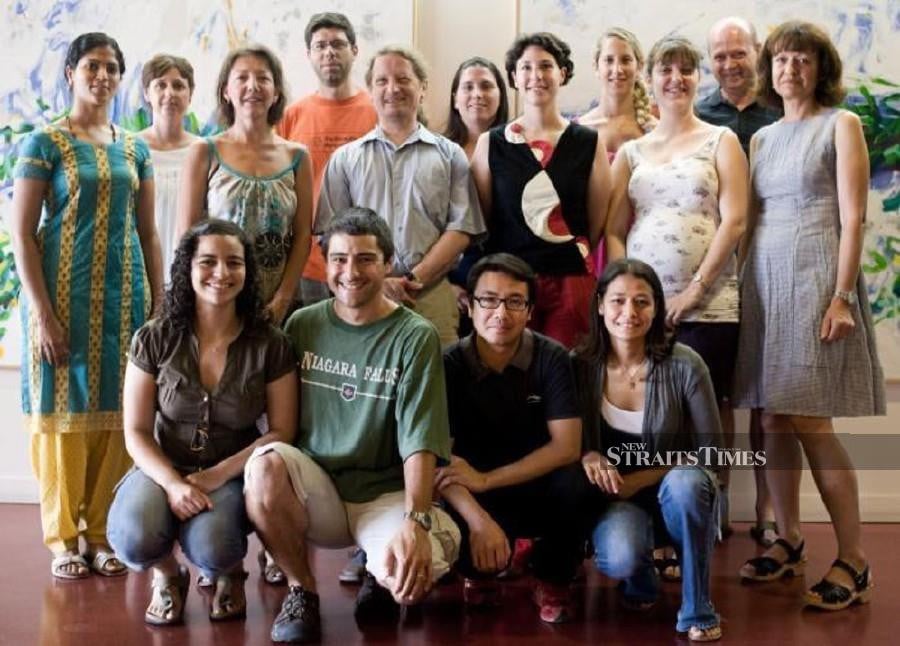
A few years later, she moved on to another position at the prestigious Centre d'Ímmunologie Marseille-Luminy in France, where she studied the responses of immune cells at the molecular level.
BUILDING TOLERANCE
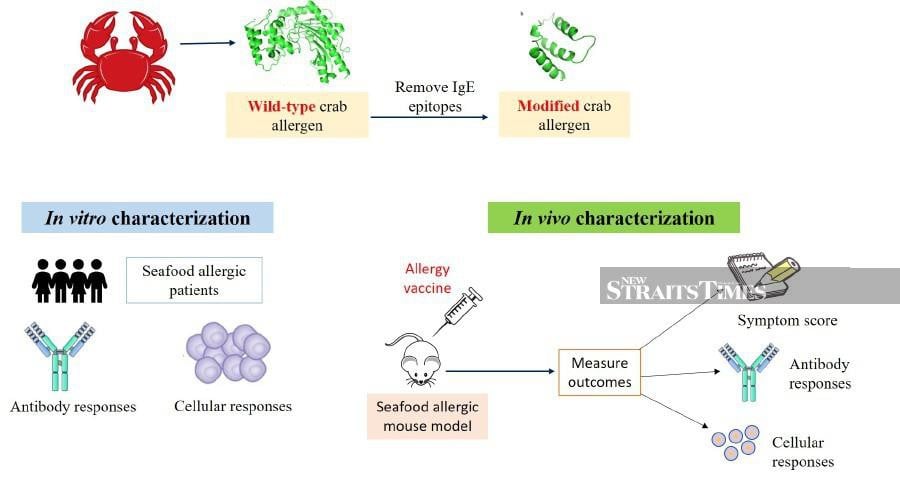
There are two ways to build immunity. First, like Covid-19 and other infectious diseases, is to use antigen-based vaccines that elicit an acute response from the body's immune system.
The second is to build up tolerance to an allergy through repeated exposure of allergens in small, increasing doses for a long period. The latter method is what Kavita is using to develop her seafood vaccine.
Shares Kavita: "The vaccine I'm developing is based on a common allergen found in seafood — prawns, crabs, lobsters and oysters. The basic principle is to induce a tolerance response by exposing the body to increasing amounts of the allergen over time.
"It's hoped that the body will get used to it without triggering an acute immune response after eating seafood, such as rashes and swelling, or at least decrease the severity of symptoms. This technique has been effectively used to treat pollen allergies and was reported more than 100 years ago!"
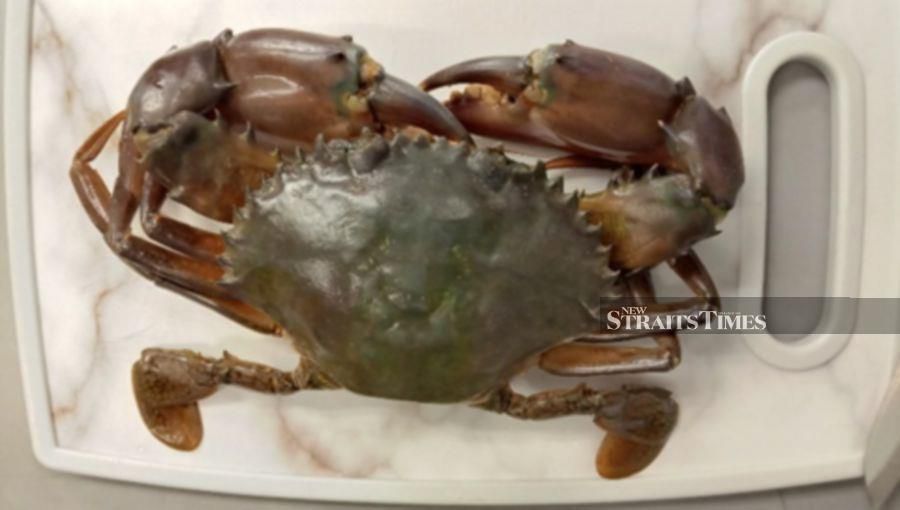
Continuing, she shares: "I'll also be attempting to improve the vaccine safety by modifying the allergen so it doesn't cause serious allergic responses. This way, the body may build tolerance while avoiding adverse reactions."
This vaccine for seafood allergy is the first major research project that Kavita is undertaking since she returned to Malaysia and started lecturing. The research is supported by a RM140,000 grant from the Higher Education Ministry.
But she's not a novice and there's no underestimating her capabilities, as years of experience and achievements in the European research circle have definitely made her a "battle-hardened" immunologist.
"Indeed, applying for the ministry's Fundamental Research Grant Scheme (FRGS) is a very competitive process," she admits.
And having just returned to Malaysia after more than a decade building her career overseas didn't make the process easier.
This is because doing research isn't a one-man show, and she has to quickly build her local network and adapt to the Malaysian research culture. And luckily, she managed to find a supportive "family" at Sunway University.
Contrary to popular belief, getting the FRGS grant wasn't a one-off lucky strike. Although having solid experience and a string of accolades may help, but rarely will people buy into an idea in the first pitch. It took Kavita several attempts and fine-tuning her proposal before finally securing the funding for her work.
"I gained a lot of insight from reviewers in my previous attempts, and I also received mentorship and guidance from senior academics at Sunway University and my co-investigators," she shares in a nod to her colleagues.
For those seeking grants to do research, Kavita advises: "Write your research proposal clearly, stating high-impact objectives that can address the needs of the community and nation that are also in line with national policies and agendas."
In other words, besides delivering what's good for all, you have to know what your people, your government and your country want.
A JOURNEY OF LESSONS
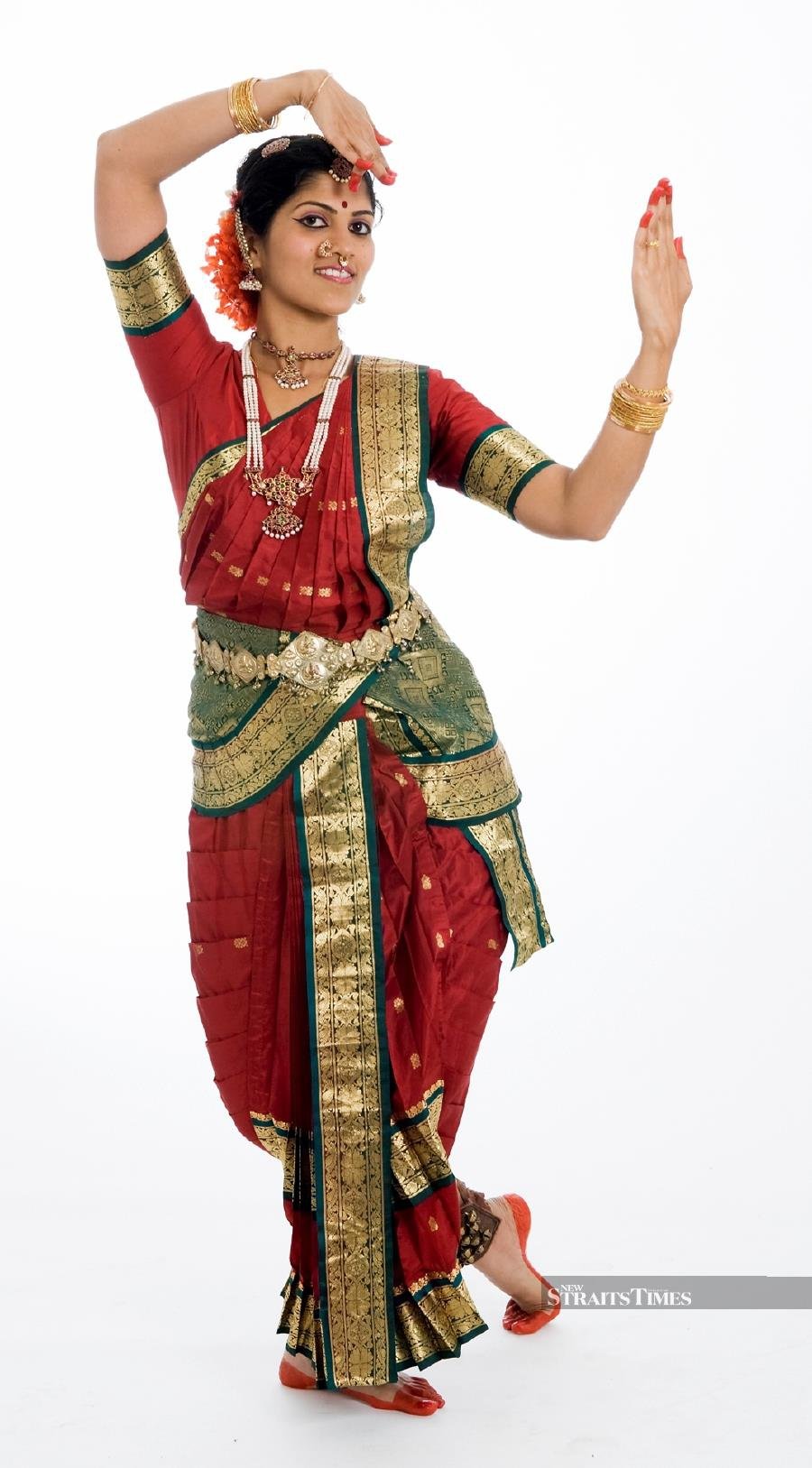
"When you're building a career overseas, you're also on your own with no support whatsoever. You have to give everything you've got. If not, you won't survive," Kavita says matter-of-factly. However, despite the high stakes outside her comfort zone, her overseas experience also happens to be the one she treasures most, particularly her time in NUS.
As a graduate student, she involved herself in academic and cultural activities. Most memorable was a conference that she co-organised with students from Chulalongkorn University in Thailand.
"The event involved 40 post-graduate students and eight lecturers, which was a grand success for both universities," she recalls, adding: "For cultural activities, I joined Indian dance and music events, which I'm passionate about. I was also lucky to get to attend international conferences in Europe and the United States, where I got to discuss my research with top scientists."
Now, as an associate professor, her job is to deliver knowledge to her students effectively, which she says Sunway University has trained her well to carry out even during the pandemic. "When we talk about teaching, there are two primary components — one is pedagogical strategy and the other is delivery. The pedagogical strategy has largely been maintained even during the pandemic," she says.
But the delivery method has radically changed, and herein lies the greatest challenge for all lecturers, particularly for Kavita who just began teaching.
"Before the pandemic, students come into the hall for a two-hour lecture. But now, we're forced to adapt to teaching and learning online almost overnight. The methods of engagement used by lecturers then have to change," she explains.
Adding, Kavita shares: "If before my classes had many activities that students did in groups, from discussions to constructing models of organs, now I have to plan 'breakout rooms' for discussions and online quizzes to assess their understanding of my lessons."
EMPOWERING WOMEN AND COMMUNITY
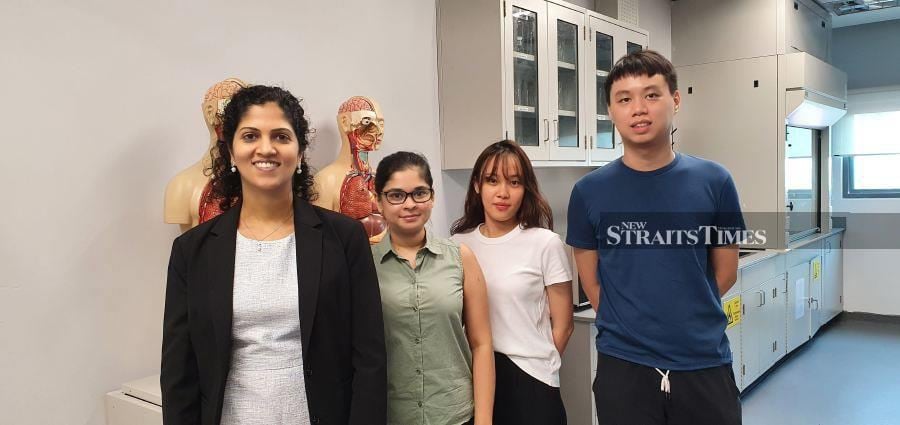
"When you were studying in university, you might have noticed that you had more women course mates than men. But where are all the girls now?" poses Kavita, her gaze directed at me.
"Good question..." I reply. As a former post-graduate science student, I was a bit stumped by her resolve to counter the gender imbalance, which honestly, didn't even cross my mind during my carefree student days.
Passionately, she continues: "By right, they should have established their careers as scientists, but the proportion and representation of women within the local scientific community doesn't seem right."
And thus, she's now advocating for women in science by participating in initiatives to close the gender gap. Shares Kavita: "In the last four months, my team (comprising scientists from Asia-Pacific countries) and I have organised a science communication workshop for early career researchers, with a focus on providing training opportunities for women scientists."
Adding, she says: "That workshop is considered a success as attendees were able to carry out science outreach programmes in their local communities. In my local area, I also contribute by organising allergy awareness campaigns."
In her field of expertise, Kavita has been serving as the assistant secretary in the Malaysian Society of Allergy and Immunology. She contributes by co-organising the society's annual congress as well as public awareness programmes.
Two of her projects include the co-organisation of the Asia-Pacific Association of Allergy, Asthma and Clinical Immunology's (APAAACI) Allergy Week, which recently concluded, and the Malaysian Chapter of World Allergy Week, which will be held from June 5 to 11.
This year, the theme for APAAACI Allergy Week is "The Role of Climate Change in Allergic Diseases". The local World Allergy Week is themed "Breathe Better", which will be reviewing the connection between bronchial asthma and other respiratory allergies. Information on both events are in the society's Facebook page at allergy.msai.
In conclusion, there's no shortcut to success, whether you're an overseas or locally trained scientist. Proposing a feasible research idea works well, and when mixed with hard work and perseverance, only then will the effort bear fruit.


